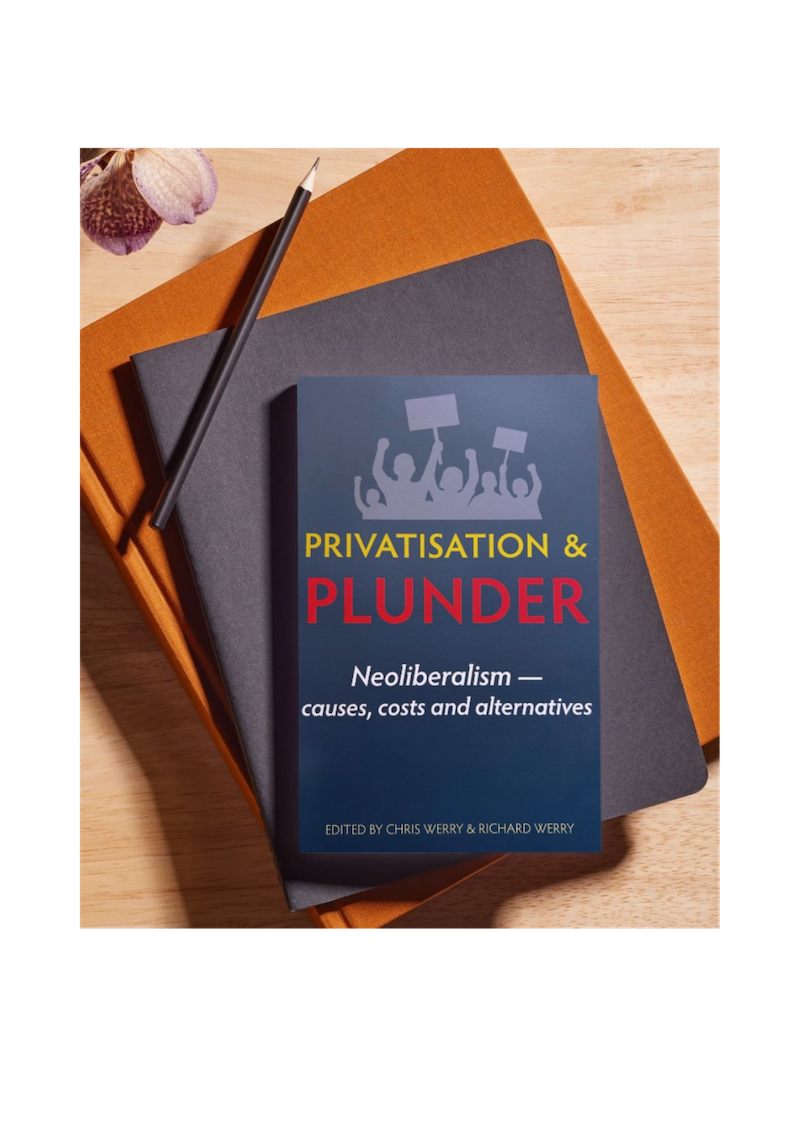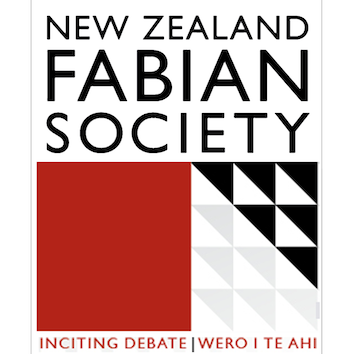-
Privatisation & Plunder
Privatisation & Plunder explores the rise, impact and future of neoliberalism in Aotearoa New Zealand.
Over the past four decades, neoliberal policies — privatisation, deregulation, austerity and market fundamentalism — have radically reshaped the country more thoroughly than in any other OECD nation.
This collection brings together leading scholars, researchers and activists to unpack the social, economic and political costs of the ‘New Zealand Experiment’. All of the chapters are versions of major Fabian sessions.
We chart how neoliberalism hollowed out public institutions, sharpened inequality, and reduced our ability to respond to crises. We reveal how today’s challenges — from the cost of living and housing crises to the rise of precarious work — are rooted in this legacy.
Yet we also offer hope: transformative policy alternatives, ranging from universal basic income to new forms of democratic governance, public ownership and economic justice.
A map of the terrain and a call to collective action.
There will be be book launch events in Wellington, Auckland, Dunedin and Christchurch (details to be confirmed).
You can register here.

 |
The NZ Fabian Society is an independent membership based policy forum providing open, pluralist space for education and debate on progressive policies. We aim to apply progressive values to contemporary issues. |
